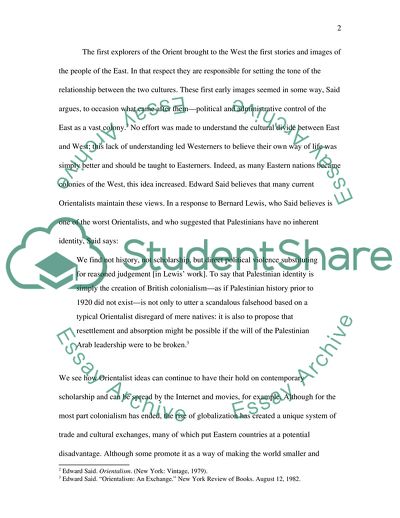Cite this document
(The Phenomena of Middle Eastern Culture Coursework Example | Topics and Well Written Essays - 1500 words - 1, n.d.)
The Phenomena of Middle Eastern Culture Coursework Example | Topics and Well Written Essays - 1500 words - 1. https://studentshare.org/culture/1729679-popular-culture
The Phenomena of Middle Eastern Culture Coursework Example | Topics and Well Written Essays - 1500 words - 1. https://studentshare.org/culture/1729679-popular-culture
(The Phenomena of Middle Eastern Culture Coursework Example | Topics and Well Written Essays - 1500 Words - 1)
The Phenomena of Middle Eastern Culture Coursework Example | Topics and Well Written Essays - 1500 Words - 1. https://studentshare.org/culture/1729679-popular-culture.
The Phenomena of Middle Eastern Culture Coursework Example | Topics and Well Written Essays - 1500 Words - 1. https://studentshare.org/culture/1729679-popular-culture.
“The Phenomena of Middle Eastern Culture Coursework Example | Topics and Well Written Essays - 1500 Words - 1”. https://studentshare.org/culture/1729679-popular-culture.


